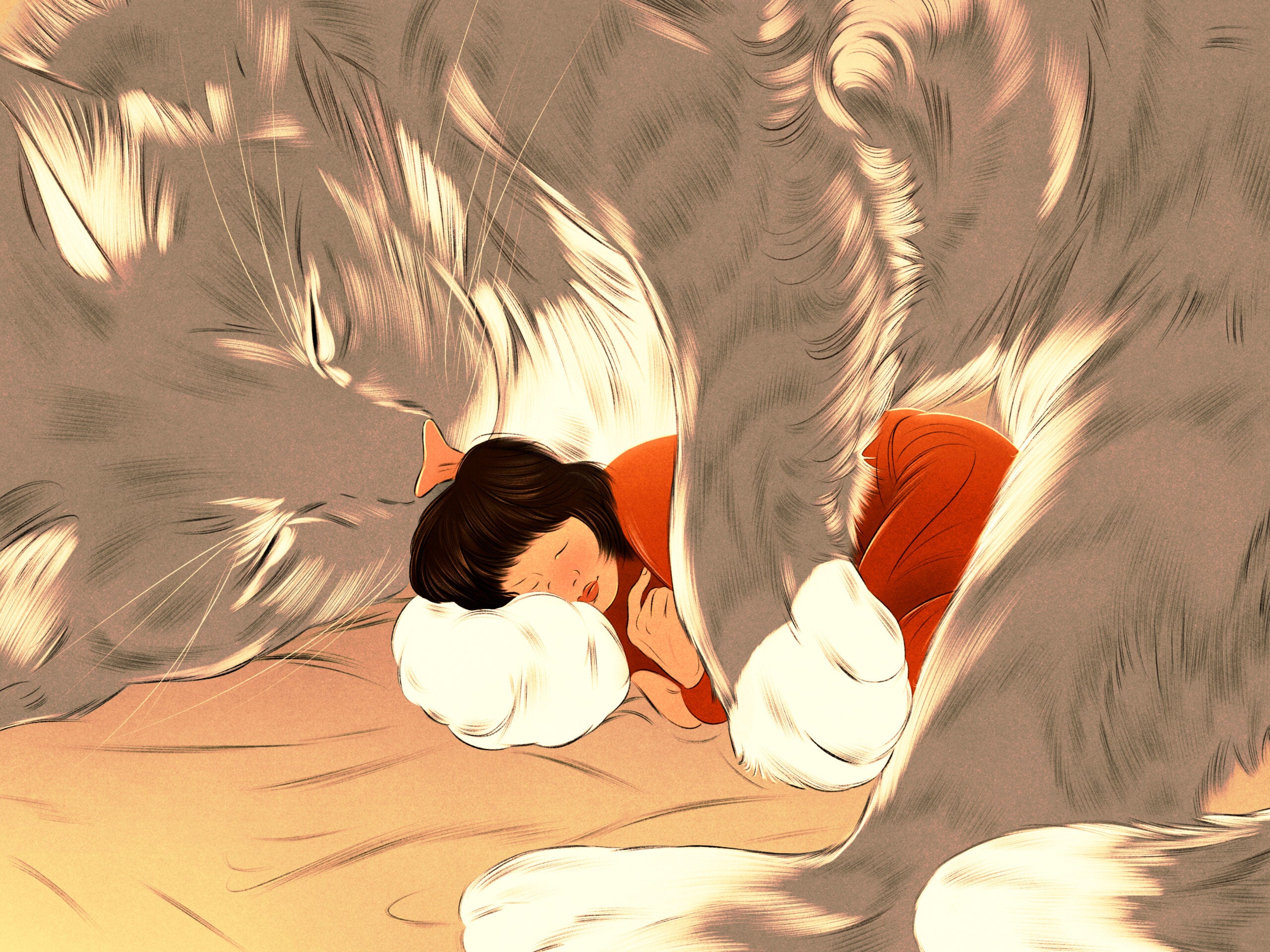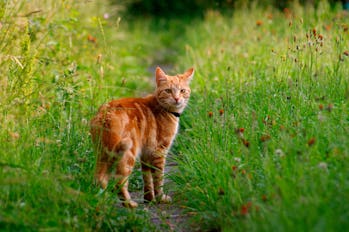Do cats bond with humans like dogs?

Take into consideration THE CAT: aloof, independent, bestowing and withdrawing affection in accordance to rules only they recognize. Capable of friendship with their human, but not necessitating it, and rarely as a great deal as a pet. These tropes are ubiquitous, while several individuals know from working experience just how warm and affectionate cats can be. That’s not news to us. So what can science convey to us that we don’t already know? Very a large amount, essentially. We make a difference to cats even extra than we imagine, and our assumptions about their character can conveniently come to be self-fulfilling prophecies.
Several decades ago, animal habits specialist Monique Udell of the University of Oregon and her then doctoral college student Kristyn Vitale resolved to glance at cat-human interactions by the lens of attachment idea. The theory, at first developed in the 1970s by psychiatrist John Bowlby, describes the kinds of relationships that younger human beings form with their guardians.
Bowlby and the researchers who created on his function observed that infants whose caregivers were being consistent, responsive, and affectionate created what he called safe attachments. Confronted with strain, securely attached kids seemed to their caregivers for protection. Children whose caregivers were being distant and unresponsive, or inconsistent with their treatment, fashioned insecure attachments, their experience characterized by dread and uncertainty.
Monkeys too shown these varieties of attachments—an insight in section created by some of the most notorious investigation in the grim record of animal experimentation. A single vital example is Harry Harlow’s maternal deprivation research on toddler rhesus macaques who were divided from their moms.
Puppies have attachment variations as nicely, which Udell noticed working with what is identified as the Secure Base Check. In 2019 Udell and Vitale revealed a identical experiment with cats, enrolling 79 people today and their kittens just about every pair would devote two minutes with each other in an unfamiliar place, just after which the human being would action out for just two minutes, leaving the kitten by yourself. Then the person would return and the scientists would notice the kitten’s reaction.
The youthful cats responded considerably as dogs—or human infants—would. By yourself in that unusual put, they became distressed. When their particular person returned, most of the kittens sought them out for a rub and possibly a kind phrase, then proceeded to discover. The animals have been said to be securely hooked up: They depended on their caregiver for security and, with that as their foundation, engaged with the entire world. About a single-3rd of the them, nevertheless, both averted the human or snuggled up and stayed there, unwilling to wander on their personal. These kittens have been insecurely attached, possibly using no consolation in their man or woman or clinging to them.
Udell and Vitale demonstrate that feline relationships are a lot more similar to these noticed with canines than just one could possibly think. Confronted with some thing unusual and upsetting, cats turned to their human being for reassurance, suggests Vitale, who is now a professor of animal habits at Unity College or university. Some retreated to a corner of the home many others crawled up into a lap and stayed place.
And when they don’t? A cat may certainly be distant by nature, but this is normally not preordained. As a substitute, an incapacity to discover ease and comfort and safety in their particular person “may be an outcome of life encounters,” states Vitale, as properly as that individual cat’s predisposition. Equally character and nurture matter—and even very well-that means folks may well not value just how delicate cats can be.
“Common misconceptions that cats will need considerably less social conversation, or are extra impartial, can effect both of those the sum and good quality of social interactions we offer cats,” Udell states. In other words, people today who believe felines never require substantially consideration may be a lot less palms-on with their individual companion, which in change final results in a extra aloof kitty. (Udell also lately released a review in the journal Animal Cognition on how diverse pet parenting types have an effect on dog attachments.)
From time to time, however, it is out of a cat lover’s hands. Udell adds that temperament or previous heritage may possibly make it additional tricky for a feline to type a secure attachment, even with a warm and responsive individual she hopes to at some point examine this. But her and Vitale’s study produced me think about my individual interactions to the cats in my existence: I imagine of myself as nurturing, and yet there have been times when I disappeared for a day, or entered a home without having declaring hi there and remaining with no declaring goodbye. Had they been canines, I may possibly have been more thoughtful.
It didn’t come about to me that conversation mattered as substantially to them as it did to me. I had internalized, albeit subtly, that trope of cats as staying information devoid of get hold of. Heck, as bioethicist Jessica Pierce writes, men and women who really do not have time for canines are inspired to get cats alternatively leaving a pet dog alone for a working day or two is recognized as distressing to them, even cruel, but little notice is presented to what that is like for a cat.
And as testomony to how much their human connections can issue, take into consideration a further analyze from Udell and Vitale, revealed in 2017. They presented adult cats—pets as well as probable adoptees at a shelter—with a preference of how to shell out their time. The animals could examine an fascinating scent, like catnip, play with a toy, interact with a human being, or take in. “Social conversation was the most-chosen stimulus group overall for the vast majority of cats,” the researchers concluded. A human connection was foodstuff for their hearts.
We hope you liked Pet Psychic, Brandon Keim’s new column. Verify back on PopSci+ in February for the up coming posting.







